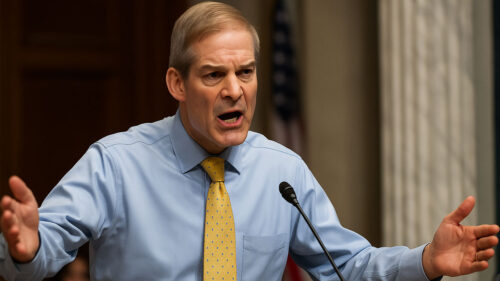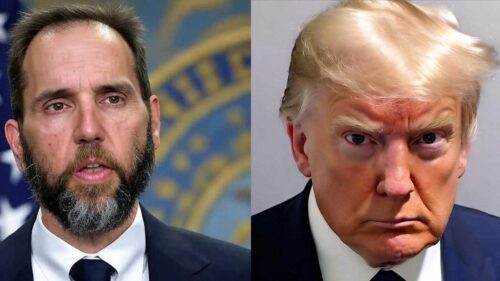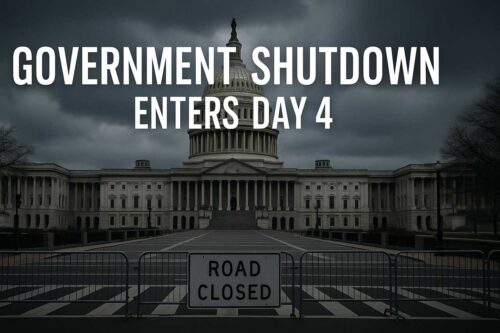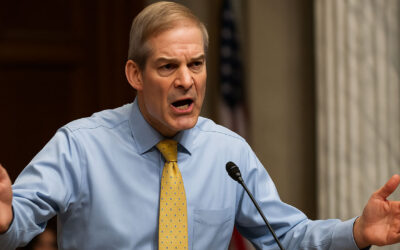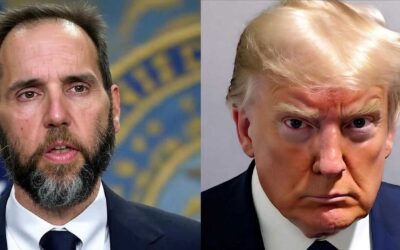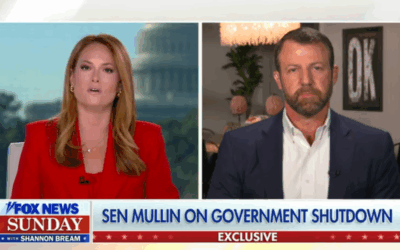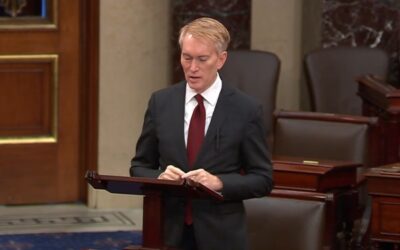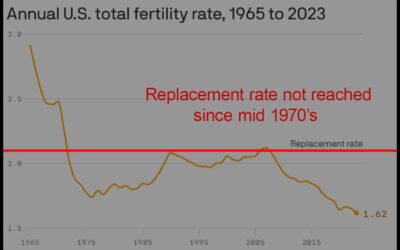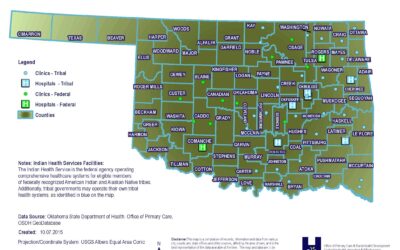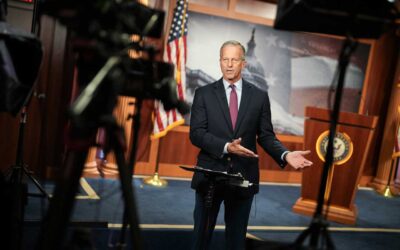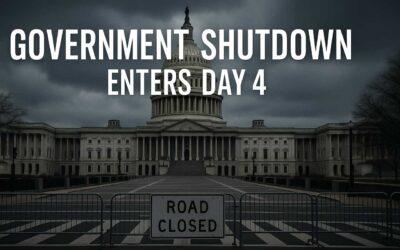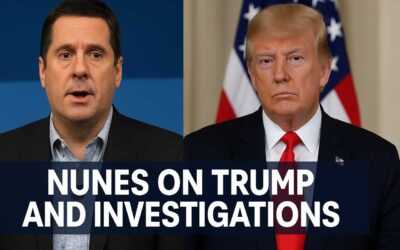Air Traffic Woes and Political Shutdowns: A Crisis in the Skies and Senate
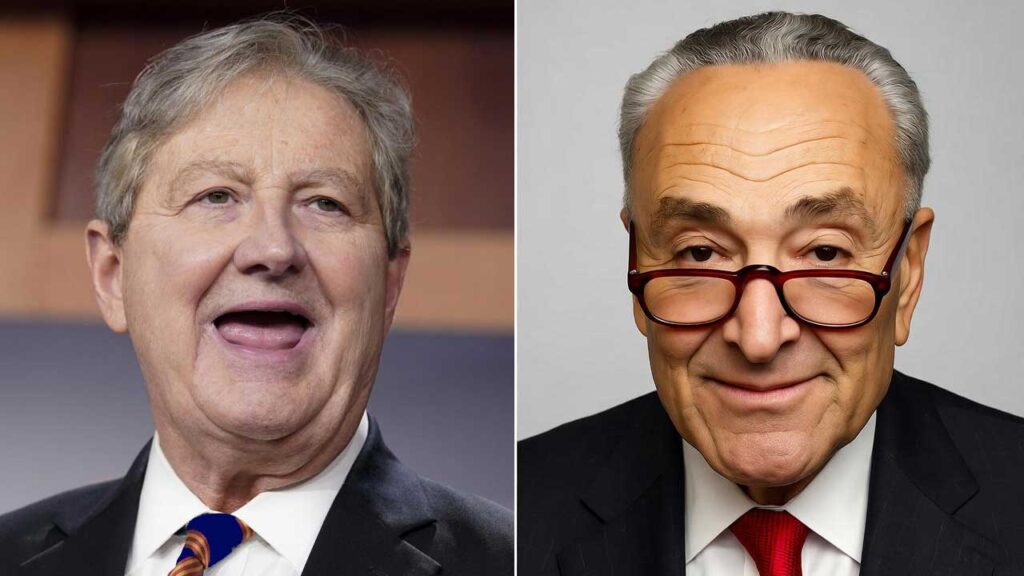
Staffing Shortages Ground Travelers
Air traffic control staffing shortages have crippled U.S. airports for a second consecutive day, triggering widespread flight delays as a government shutdown exacerbates the crisis. The Federal Aviation Administration (FAA) is struggling to maintain safe airspace operations with a depleted workforce, leading to slowed or halted air traffic in some regions. The ripple effects are significant: fewer controllers mean fewer flights, and the inability to train new controllers due to reduced support staff only deepens the problem. The FAA’s priority remains clear—ensuring safety—but the cost is mounting frustration for travelers unable to reach their destinations on time. As one official noted, “If we don’t have controllers, we’ll make sure the airspace is safe,” even if it means grounding planes.
The shortage is not new but has been thrust into the spotlight by the shutdown, which has furloughed non-essential personnel and disrupted training programs for new air traffic controllers. With an already strained system, the absence of support staff critical for onboarding new hires threatens to prolong the crisis. The FAA has been pushing to increase controller numbers, but the current political gridlock is undermining these efforts, leaving travelers stranded and airlines scrambling.
A Political Shutdown with No End in Sight
The government shutdown, now in its second day, stems from a failure to reach a budget agreement in Congress. A Senate vote scheduled for this morning is expected to fail, prolonging the impasse. Louisiana Senator John Kennedy, a vocal critic of the shutdown, places the blame squarely on Senate Majority Leader Chuck Schumer and what he calls the “socialist wing” of the Democratic Party. Kennedy argues that Schumer’s leadership is driven by political survival, particularly fear of losing support from progressive figures like Congresswoman Alexandria Ocasio-Cortez. “Schumer is nervous as a pregnant nun about losing his reelection to the socialist wing,” Kennedy quipped, accusing him of orchestrating a “political shutdown” to appease his party’s left flank.
Kennedy dismisses claims that his own party faces similar pressures, insisting that the push for a resolution is not limited to a small faction but reflects the will of a broad swath of Republican voters. “Fifty-five percent of Trump voters want this,” he said, emphasizing that the fight is for the American people. Meanwhile, Schumer has proposed adding $1.5 trillion for healthcare to the budget, a move Kennedy and others view as a nonstarter. The senator predicts Schumer will eventually rally a small group of Democrats to vote to end the shutdown while maintaining his own tough stance to avoid alienating his base. “Wink, wink, nod, nod,” Kennedy said, suggesting Schumer will covertly encourage a resolution while publicly standing firm.
A Senator’s Take on Washington’s Dysfunction
Amid the chaos, Kennedy is promoting his new book, How to Test Negative for Stupid and Why Washington Never Will, written at his Louisiana kitchen table. The book uses humor and true stories to critique Washington’s dysfunction, arguing that “common sense is illegal in D.C.” Through anecdotes about figures like Presidents Trump and Biden, and Senators Chuck Grassley, John Fetterman, Ted Cruz, and Marco Rubio, Kennedy paints a picture of a Senate where normalcy is absent, likening it to “a setting on the clothes dryer.” His goal is to explain the Senate’s inner workings to the American people and advocate for a return to pragmatic governance.
Kennedy’s sharp wit shines through in the book’s memorable lines, such as “the country was founded by geniuses, but being run by idiots” and “always be yourself unless you suck.” He credits his knack for clever phrases to a strong memory and a belief in candor as “a mighty weapon.” While his outspokenness sometimes stirs controversy, Kennedy insists he harbors no hatred and seeks “grace wherever I can find it.” His humor has earned him the title of “America’s most quotable senator” by Politico, a reputation he leans into as he navigates the current crisis.
Looking Ahead: A Path to Resolution?
As the shutdown drags on, the air traffic control crisis underscores the real-world consequences of political brinkmanship. Travelers face ongoing disruptions, and the FAA’s ability to address staffing shortages remains hamstrung. Kennedy remains optimistic that a resolution will emerge, likely through backroom deals, but warns that Schumer’s balancing act could backfire if it appears as weakness. For now, the skies and the Senate remain in turmoil, leaving Americans to hope for a return to common sense—and functional air travel.


